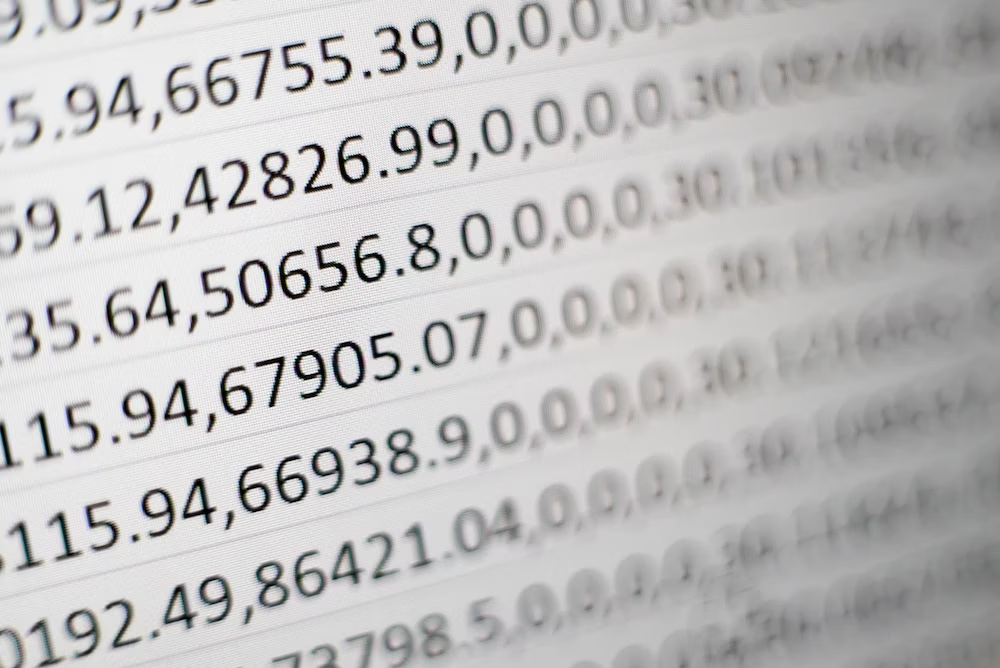Should qualitative data be quantified?
Should qualitative data be quantified?
The decision to quantify qualitative data is a nuanced one and depends on various factors including the research question, the type of data collected, and the intended audience of the research. But it’s clear that, in the right circumstances, the conversion into numeric values can offer valuable advantages, such as the ability to use statistical tools for analysis, making it easier to identify patterns, trends, and correlations.

That said, it’s worth remembering that not all research is best suited for quantification. For example, deeply personal narratives or highly complex social interactions may lose their richness if boiled down to mere numbers. The context in which phrases or themes appear may be just as important as the frequency with which they appear, and quantification can sometimes mask these subtleties.
Additionally, when converting qualitative to quantitative data, one must consider the type of quantitative data that will be most useful. Ordinal data, for example, allows for rank-ordering items but doesn’t provide information on the relative degree of difference between them. If your data is rich in nuance and degrees of variation, then ordering data may not capture this complexity as effectively as other methods might. Ultimately, the decision to quantify information should be made judiciously, with a keen eye on how it contributes to the overall research objective.
